Microsoft Exchange
PFF (cf. summary from the Forensics Wiki) is a format exportable from Outlook and Exchange. Outlook makes use of this format for different scenarios, and calls them different names (.pst, .ost), but it is just one file type.
.pst files can be generated with Outlook interactively
.ost files can be taken from C:Users...
.pst files can be also generated from an Exchange Server's PowerShell in a mostly unattended fashion
Outlook interactive export
Once the Outlook main window is open, go to “File”, “Open & Export”, “Import/Export”:
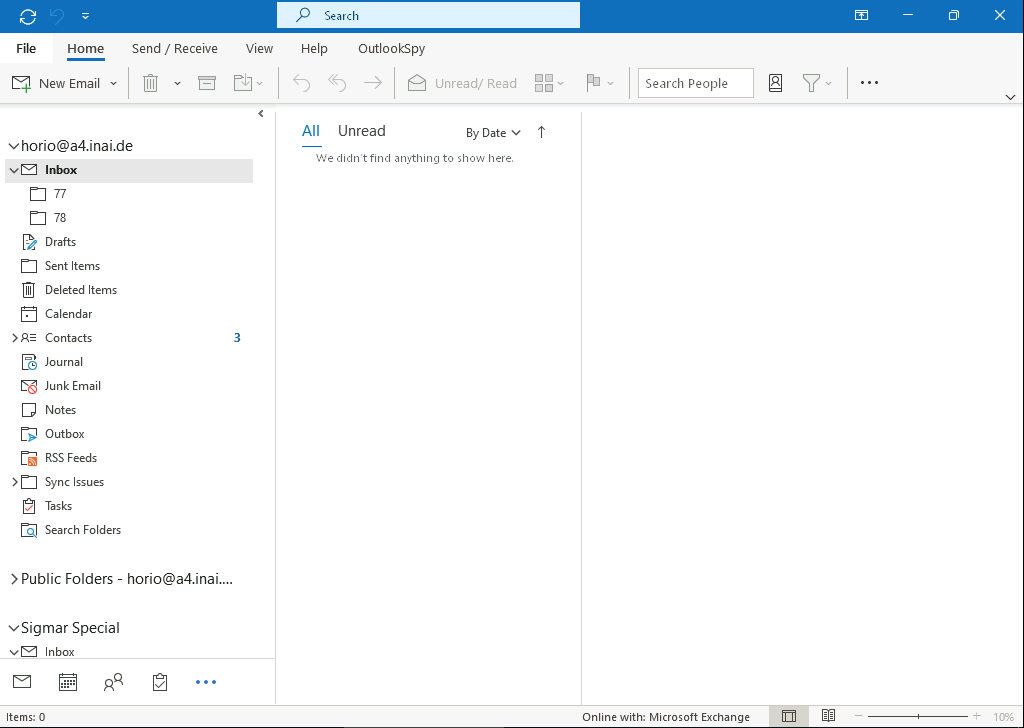
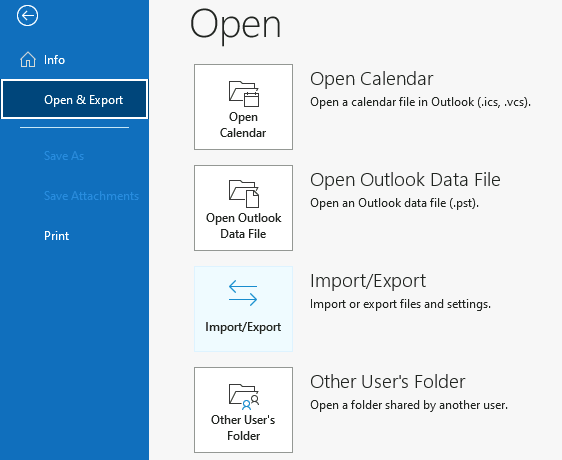
Then follow the usual dialog chain.
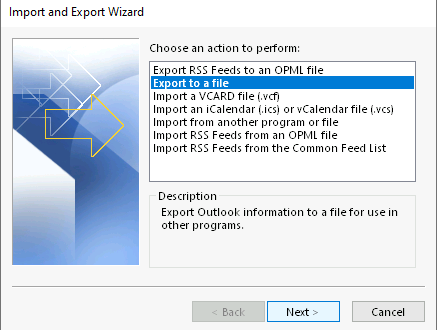
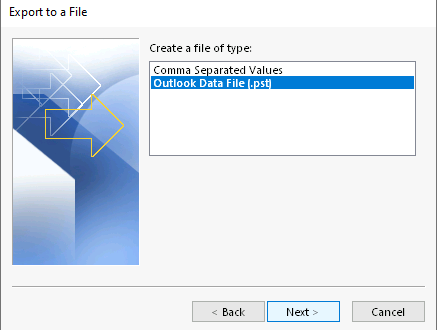
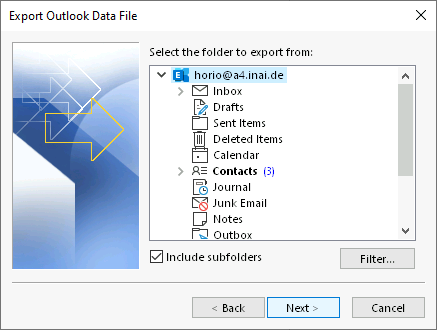
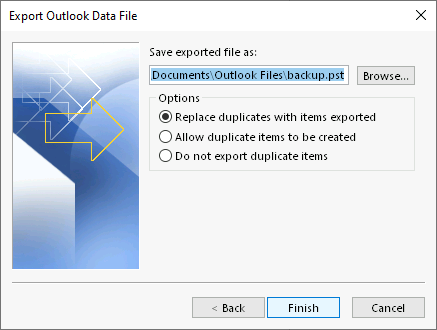
Important
Before attempting to copy PFF files, ensure the file(s) is/are not open anywhere anymore. Even after closing Outlook, Outlook may still execute in the background for some seconds, in particular when the MAPI profile used Exchange Cached Mode. Various failure modes trying to access active PFF files have been observed, such as:
1. Under the cmd.exe shell, the command type
stillactive.pst >new.pst produces new.pst with just 512 bytes before
aborting with the message The process cannot access the file because
another process has locked a portion of the file.
2. Under the cmd.exe shell, the command scp stillactive.pst a@b.com:
can produce the file on the target, but all bytes are ASCII NUL bytes.
(So observed with Powershell-OpenSSH v8.x; fixed in 9.x).
A log message Domain error is output by scp.
3. PFF files contain a CRC-32 checksum, which can readily change while the file is in use. Attempts to read the file from underneath Windows (e.g. at the storage or hardware level), or attempting to use a PFF file that was not cleanly closed may result in gromox-pff2mt rejecting the input.
gromox-pff2mt import
On the grommunio system, PFF files can be imported on the command-line with gromox-pff2mt and gromox-mt2exm. These are two commands meant to be chained together by way of a pipe; tend to the linked manual pages to read about the invocation syntax.
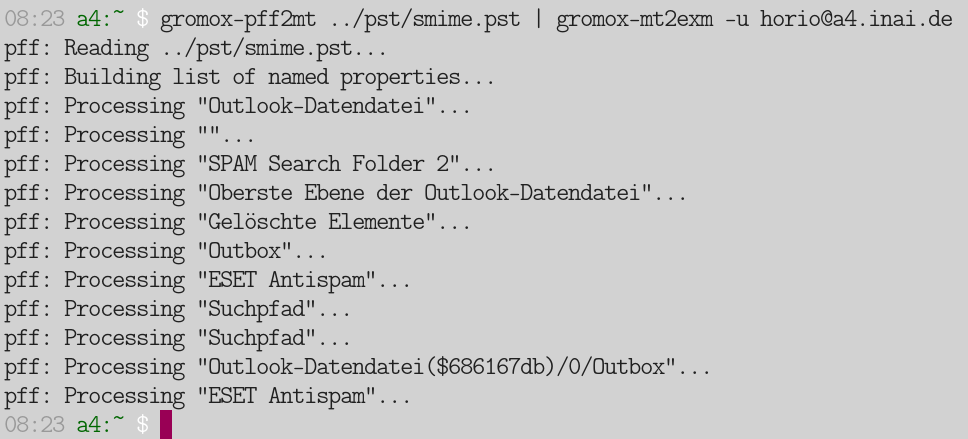
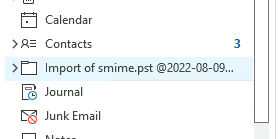
Exchange PowerShell export
Contributors have written a PowerShell script for the mass export of .pst files from an Exchange Management Console (a PowerShell instance with Exchange commands loaded) with a subsequent mass import via ssh commands that it issues. Inspect the first 130 or so lines of the script for mandatory adjustable parameters.